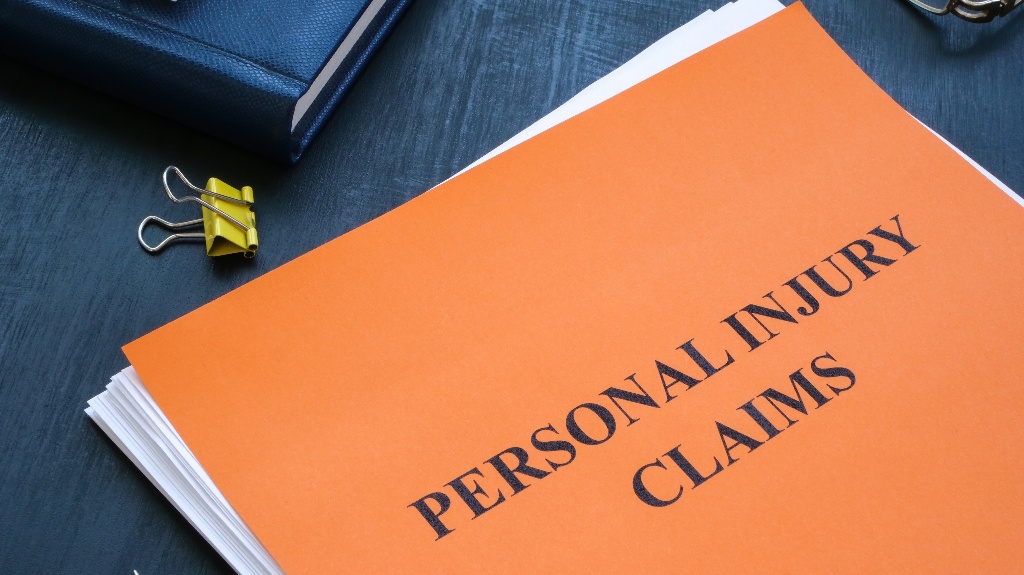When an accident happens, the first thing many people think about is calling the police. But is a police report really required for a personal injury claim in Missouri? The answer is not as simple as yes or no. While a report can provide helpful documentation, it is not always necessary to move forward with your claim.
Even if no officer shows up or a report is not filed, there are other ways to establish what happened and protect your rights. Gathering witness statements, photos of the scene, medical records, and other evidence can be just as important (sometimes even more so) than an official report. The focus should be on creating a clear, thorough record of the incident to support your case.
When Are Police Reports Created?
Police reports are typically written after car accidents, serious traffic collisions, or incidents where someone calls law enforcement to the scene. In Missouri, drivers must report certain accidents to the Missouri Department of Revenue if there is significant property damage, injury, or death. This is separate from a police officer’s report, which usually includes statements from drivers, witnesses, and basic facts about what happened.
Why Police Reports Matter in Personal Injury Claims
Although not required, police reports can provide valuable evidence. Insurance adjusters and attorneys often rely on them as a starting point when investigating what happened. Reports can include the officer’s observations, witness statements, diagrams of the scene, and sometimes an opinion about who caused the accident. While those opinions are not final proof of fault, they can add weight to your version of events.
The Impact on Insurance Negotiations
Most personal injury cases in Missouri begin with an insurance claim rather than a lawsuit. Having a police report can make those negotiations smoother. Insurance companies are less likely to dismiss a claim when they see an objective document prepared by law enforcement. Without one, you may face more questions or pushback from the insurer, which could delay resolution of your case.
Common Misunderstandings About Reports
A frequent misconception is that if a police report does not assign blame to the other party, your claim is doomed. That is not true. Reports are just one piece of the puzzle.
Courts and insurance companies look at all available evidence, including medical documentation and expert testimony, when evaluating liability. Another misunderstanding is that if no police report was filed, you cannot make a claim. In reality, Missouri law does not impose that requirement.
Practical Steps After an Accident
If law enforcement responds, request a copy of the report once it is available. Keep it in your records, as your attorney will want to review it. If officers do not respond or no report is filed, take your own steps to preserve evidence.

Use your phone to take photos, gather contact information from witnesses, and keep track of medical treatment. Even without an official report, a well-documented claim can still succeed.
The Role of an Attorney
Whether or not a police report exists, having legal guidance can make a difference in the outcome of your case. An experienced personal injury attorney can gather supporting evidence, handle communication with insurers, and build a strategy tailored to your situation. If your case goes to court, your lawyer can explain how reports and other evidence fit into the bigger picture.
Contact Us Today
A police report is helpful but not mandatory for a personal injury claim in Missouri. What matters most is acting quickly to protect your rights, collect evidence, and get medical care. With the proper preparation, you can pursue fair compensation for your injuries, even if no officer ever put pen to paper.
At Wegmann Law Firm, we help accident victims in Missouri understand their options and move forward with confidence. If you have been injured and are unsure about your next steps, contact us today to discuss your case.


